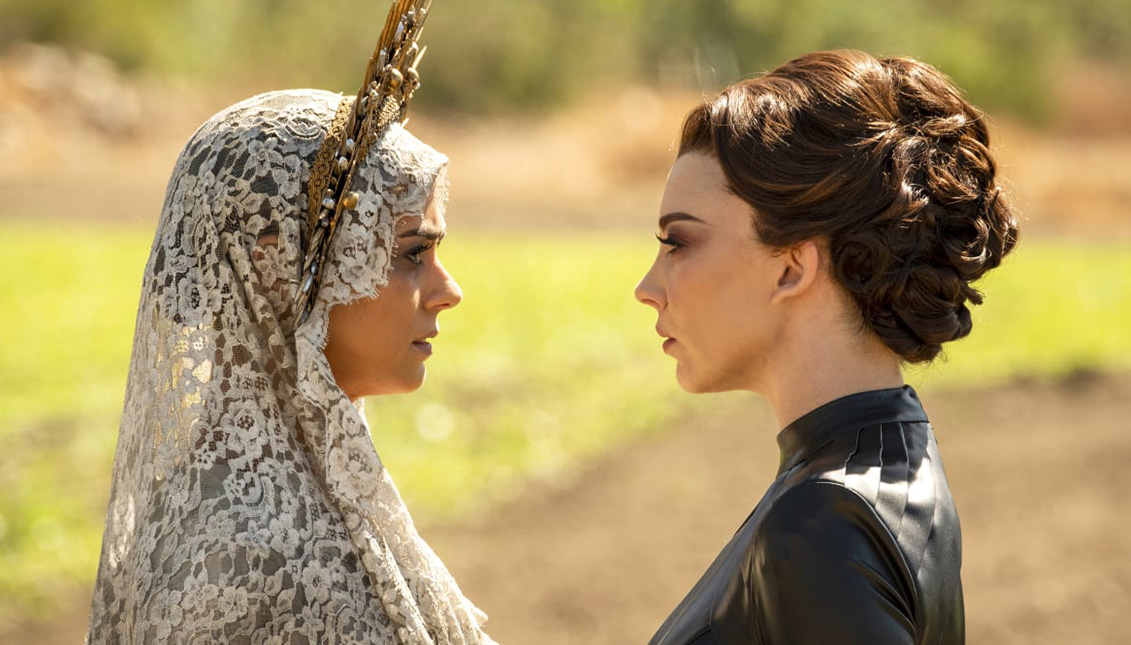
Is there such a thing as cultural appropriationism? The golden rule of an award-winning film writer
John Logan, creator of Penny Dreadful: City of Angels, has the virtue of the best writers: creative freedom and obsession with verisimilitude.
A Mexican-American family, a German immigrant who is a Nazi sympathizer, and two supernatural sisters, Santa Muerte and the diabolical Magda, these are the ingredients of the successful City of Angels, Penny Dreadful's latest season that takes the viewer to Los Angeles in the late 1930s. It's a journey into the past in an urban sense, and demographically and culturally, where identity, crimes, the living and the dead serve to reflect our present.
"The past has always been something that has touched me as a writer," John Logan told The Guardian's Toby Moses.
"I thought this was a unique opportunity to see where we are based on where we were, and how the decisions we made in 1938 are still haunting the world today. The highways are the soul of Los Angeles, but it was a very dry investigation," he added.
Logan wanted to fully reflect the city at the time, but also realized it was impossible to talk about urban changes like those that would come with future highways without addressing the reality of communities displaced by them. Above all, Mexican-Americans.
In the midst of the debate about the invisibility of communities such as the Latinx or African-American communities in the film industry, and after the notorious scandals of authors who wanted to jump on the bandwagon of the "real" migrant experience, the danger of being accused of cultural appropriation was high.
RELATED CONTENT
"I categorically reject the idea that artists can't speak with voices other than their own," he told Moses. "The Balkanization of the imagination is a very, very dangerous thing. Writers and performers and singers have to be able to dream very freely. And sometimes that takes you to places far from yourself, otherwise we are in a very anemic and cannibalistic cultural landscape."
However, verisimilitude is important. Not being an expert on Chicano culture, Logan hired other Latino authors, directors and designers who could bring what he lacked, experience. Like producer Michael Aguilar or screenwriter and playwright Jose Rivera, who wrote one of the episodes.
"So philosophically, I completely reject the idea that there is such a thing as cultural appropriation. But in practice, as a responsible human being, you have to be careful and cautious and work," he said.
As he moved through the project series, analyzing each change in the tracks and going backwards in history, John Logan discovered with astonishment the political and social parallelism that exists between these last five years and that distant decade of the 1930s.
"Like many people, I naively assumed that a kind of secular liberal humanism was the currency of the realm," Logan said. "And then everything began to change, so, so surprisingly. I felt powerless. And I wanted to say something about that as a writer. I was struck by the parallels between what I see happening in the world now, and what was happening at a very particular time in the history of Los Angeles."




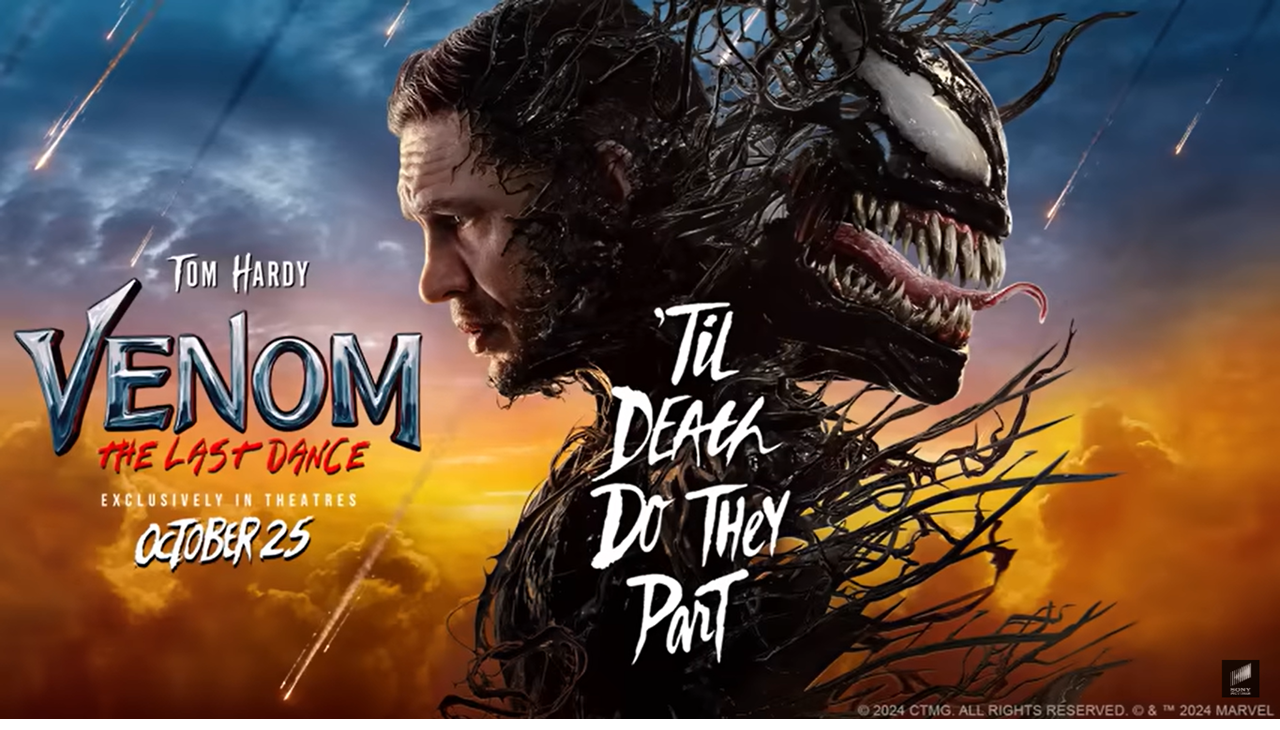
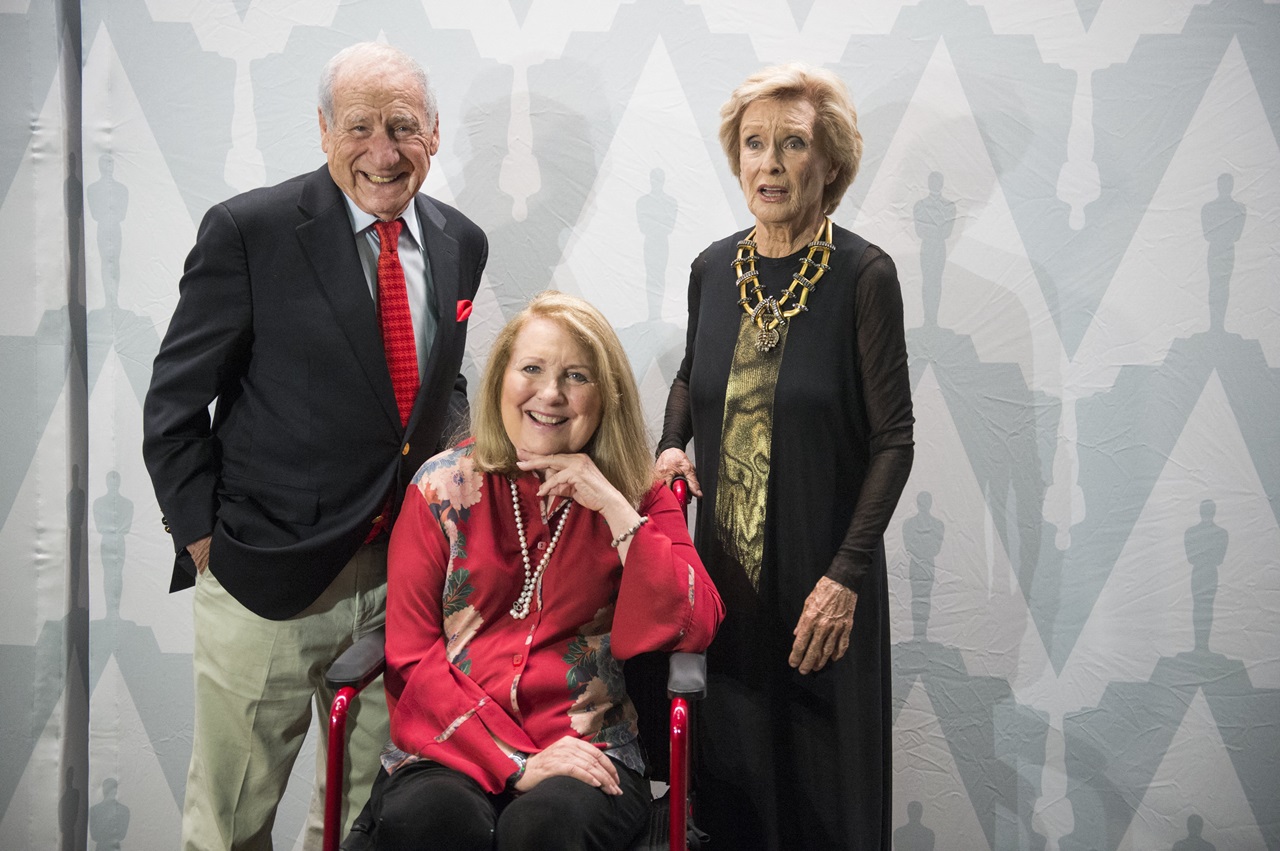
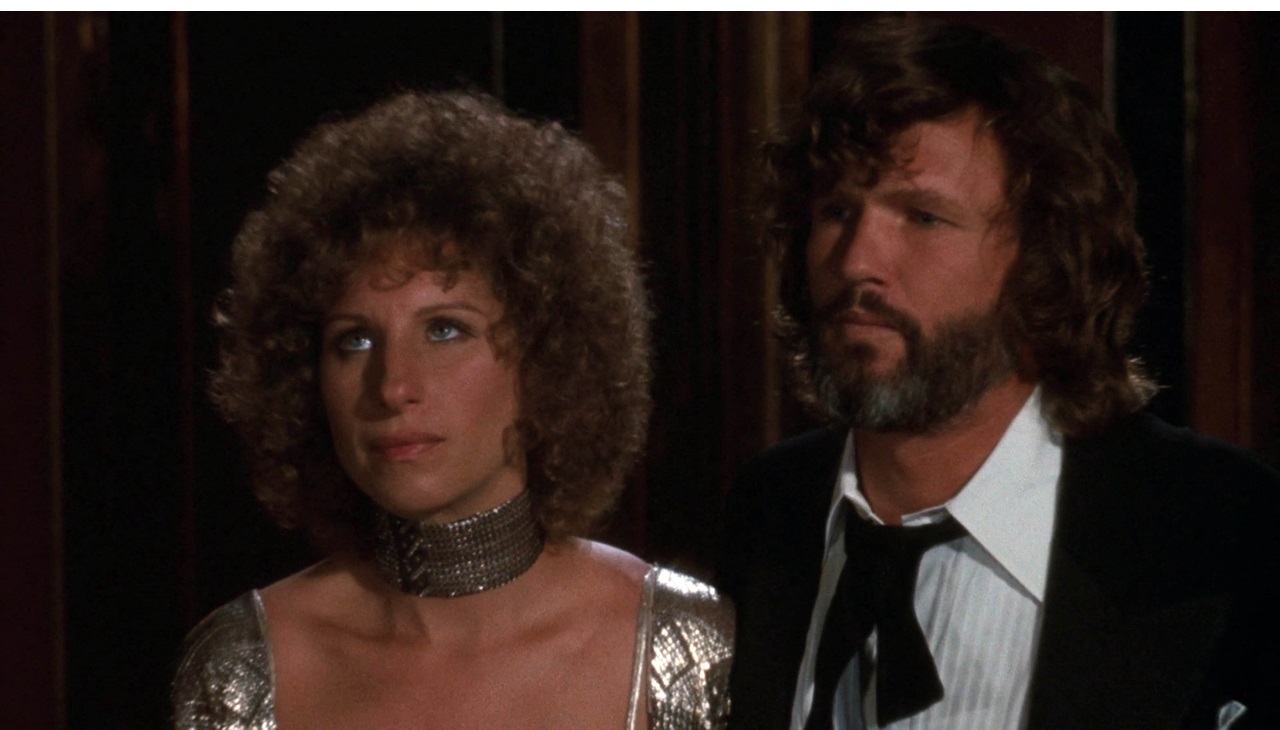
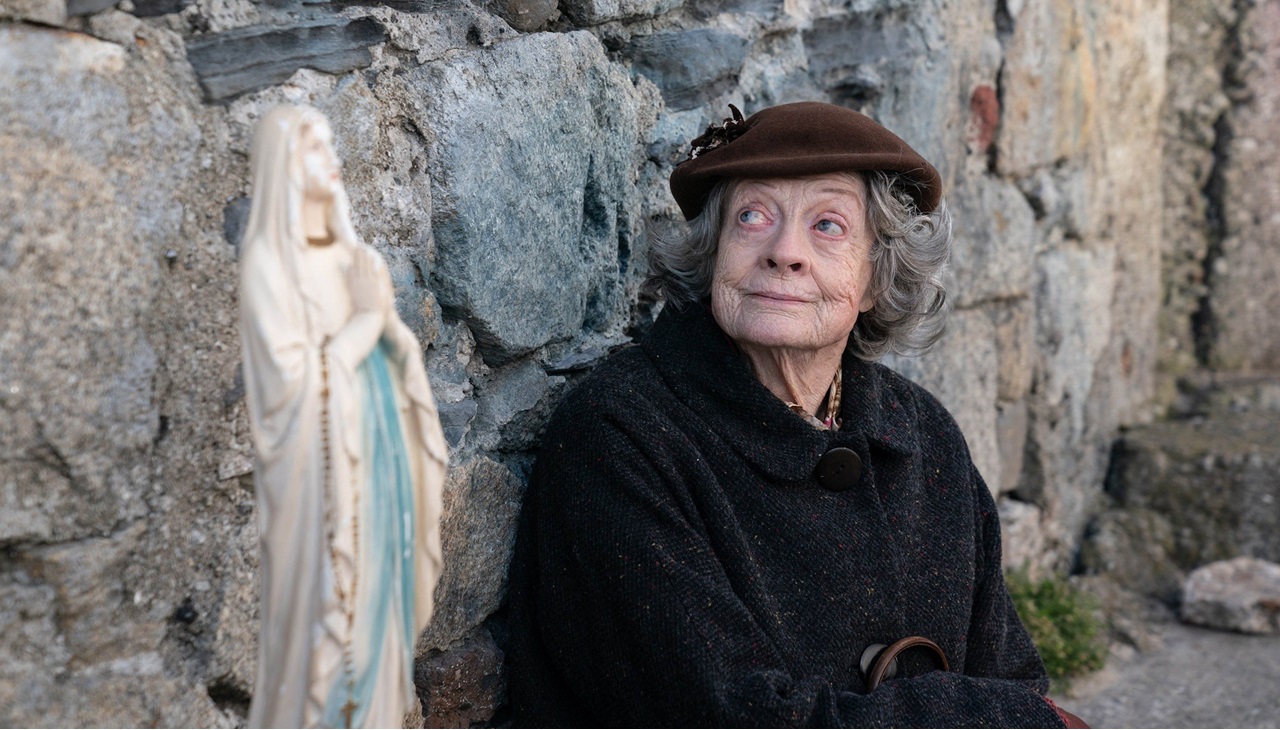
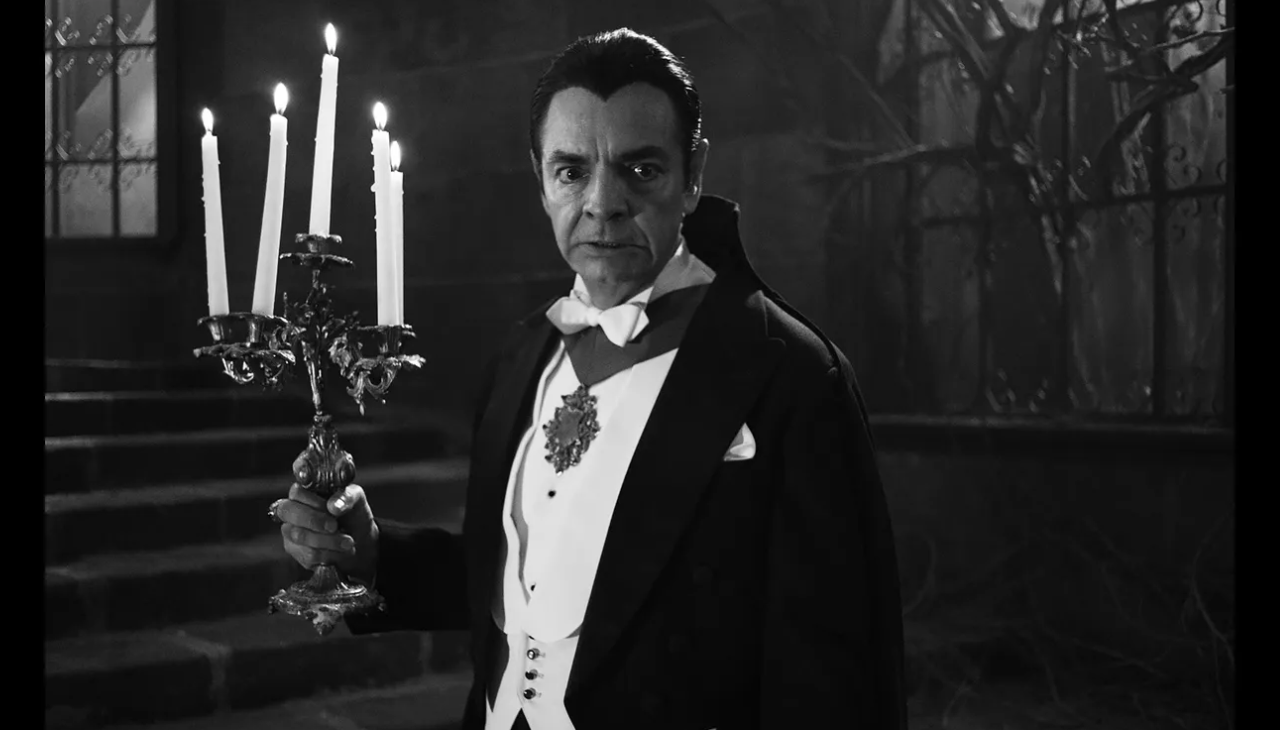
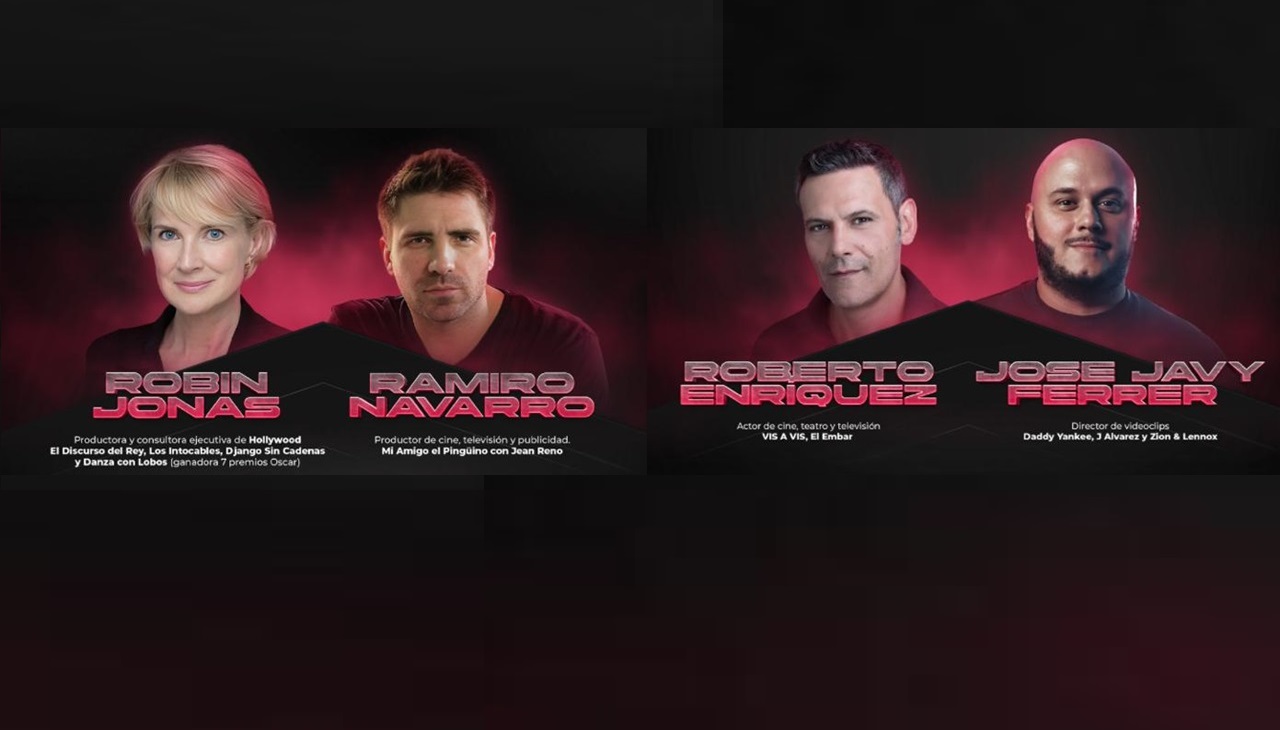

LEAVE A COMMENT:
Join the discussion! Leave a comment.